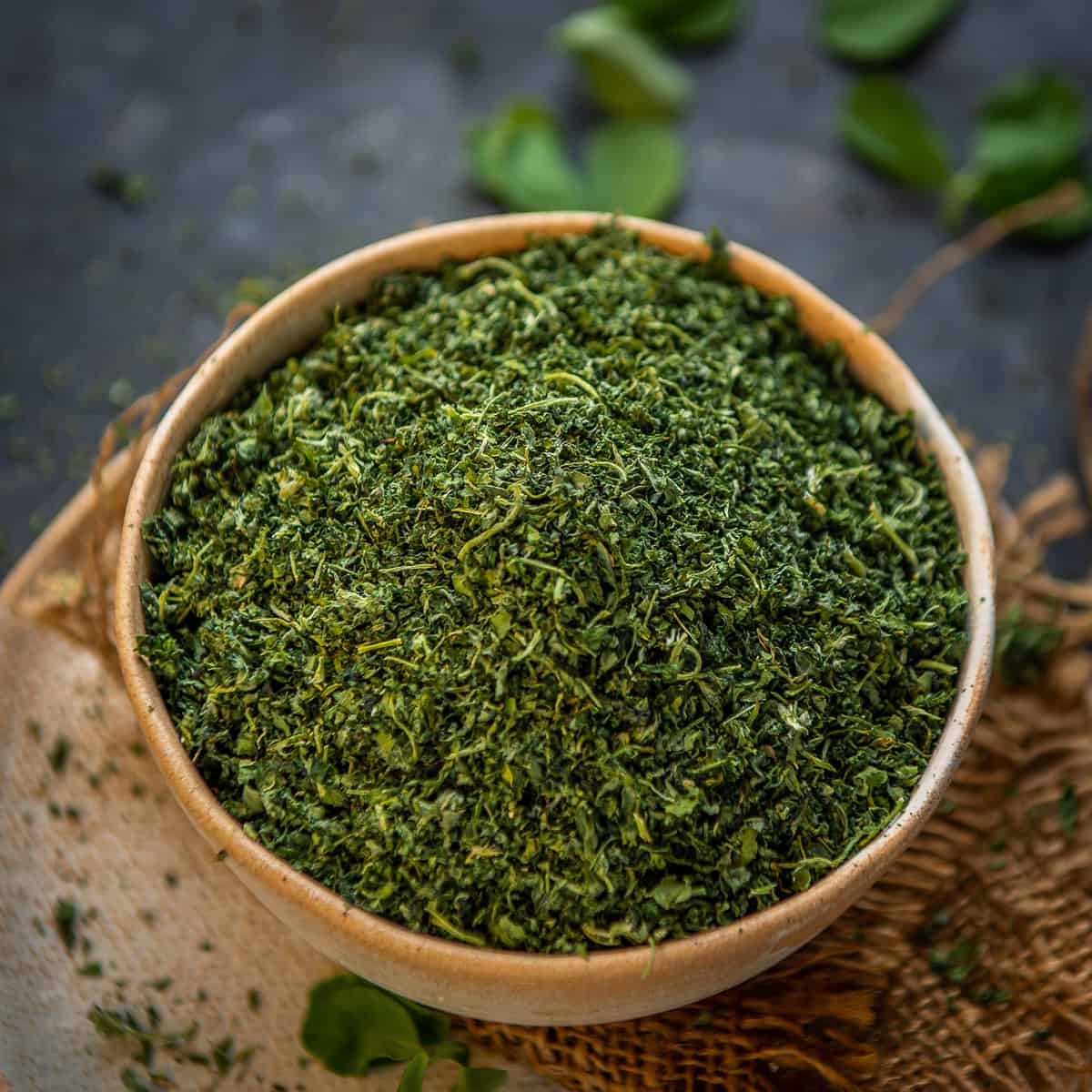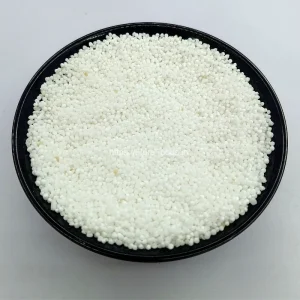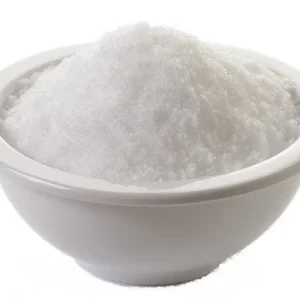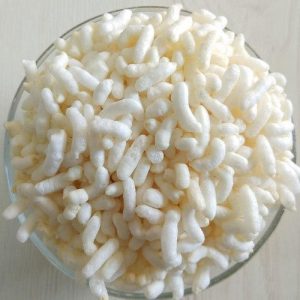Masala KASTURI METHI
₹69.30 – ₹669.90
Health Benefits:
- Nutritional Content: Kasturi Methi is rich in vitamins, minerals, and dietary fiber. It contains vitamins A, C, and K, as well as calcium, iron, magnesium, and potassium.
Kasturi Methi, also known as dried fenugreek leaves, is a popular herb used in Indian cuisine for its distinct flavor and aroma. Here’s an overview:
1. Origin and Cultivation: Fenugreek (Trigonella foenum-graecum) is a plant native to the Mediterranean region, although it is widely cultivated in South Asia and other parts of the world. The leaves of the fenugreek plant are dried to produce Kasturi Methi.
2. Flavor and Aroma: Kasturi Methi has a strong, slightly bitter taste with a subtle sweetness and a distinct aroma that is reminiscent of maple syrup or burnt sugar. It adds a unique flavor profile to dishes, contributing depth and complexity.
3. Culinary Uses: Kasturi Methi is a versatile herb used in various Indian dishes, particularly in curries, dals (lentil dishes), and vegetarian dishes. It is often added towards the end of cooking or sprinkled on top of dishes as a garnish to preserve its flavor and aroma. Kasturi Methi pairs well with spices such as cumin, coriander, and turmeric.
4. Health Benefits:
- Nutritional Content: Kasturi Methi is rich in vitamins, minerals, and dietary fiber. It contains vitamins A, C, and K, as well as calcium, iron, magnesium, and potassium.
- Digestive Health: Fenugreek leaves are believed to aid digestion and alleviate digestive issues such as indigestion and constipation.
- Blood Sugar Regulation: Some studies suggest that fenugreek may help regulate blood sugar levels and improve insulin sensitivity, making it potentially beneficial for individuals with diabetes.
- Cholesterol Management: Fenugreek leaves may help lower cholesterol levels and reduce the risk of heart disease when consumed as part of a balanced diet.
5. Storage and Shelf Life: Kasturi Methi should be stored in an airtight container in a cool, dry place away from direct sunlight. Properly stored, it can retain its flavor and aroma for several months.
| WEIGHT | 10GM, 50GM, 100GM, 200GM, 500GM, 1KG |
|---|










Reviews
There are no reviews yet.